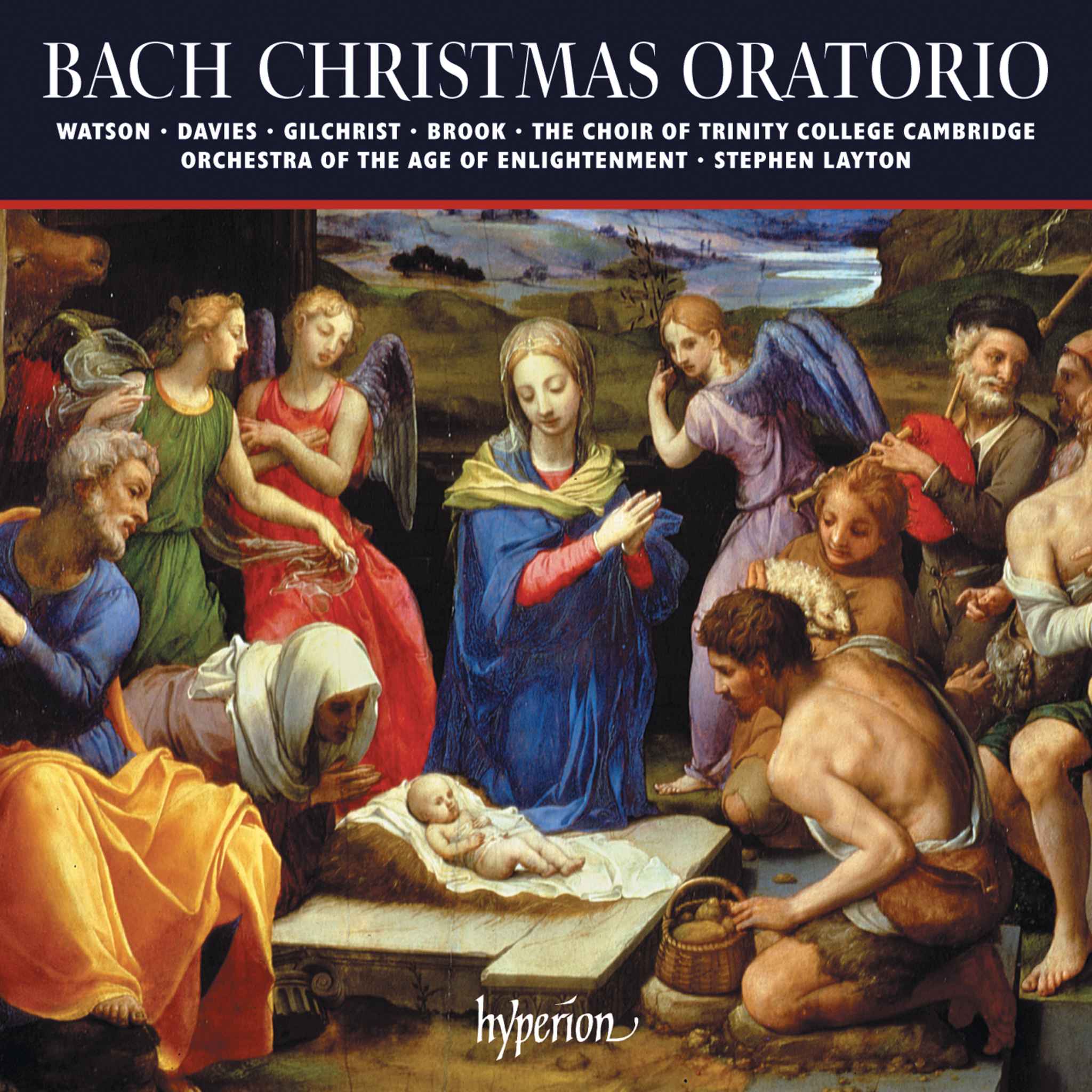Johann Sebastian Bach's Christmas Oratorio, composed in Leipzig between 1734 and 1735, is among the most important works in music history. Originally composed for several feast days, including the Circumcision of Christ, the work was performed in six independent parts, which together form a cohesive musical whole. An innovative element is the narrator, who connects the biblical narrative. The text is likely by Christian Friedrich Henrici, known as Picander, who describes the story of Christ's birth and incarnation. The texts are primarily based on the Luther Bible, supplemented by elements from the Gospels of Luke and Matthew. Bach's score and contemporary prints provide insights into further aspects of performance practice. Particularly noteworthy is Bach's use of parody, in which he transposes secular musical motifs into a sacred context. Bach's creative achievement is evident in the artful combination of secular source material and sacred texts. Each of the six parts contains diverse musical forms such as choruses, recitatives, arias, and chorales, which together guide the listener through the individual stages of the biblical story, creating an intense sonic experience. The oratorio is characterized by its balanced interplay of sacred and secular music. Bach immerses the listener in the narrative with every aria, chorus, and chorale. Through sophisticated instrumentation, nuanced vocal parts, and richly textured texts, he achieves an extraordinary connection between the earthly and the divine. The six sections of the Christmas Oratorio depict the events from the birth of Jesus to the flight into Egypt. Each part focuses on a new episode in the story and is marked by distinctive musical influences. Bach's virtuosity and dedication are reflected in every detail, making the Christmas Oratorio a timeless masterpiece.

